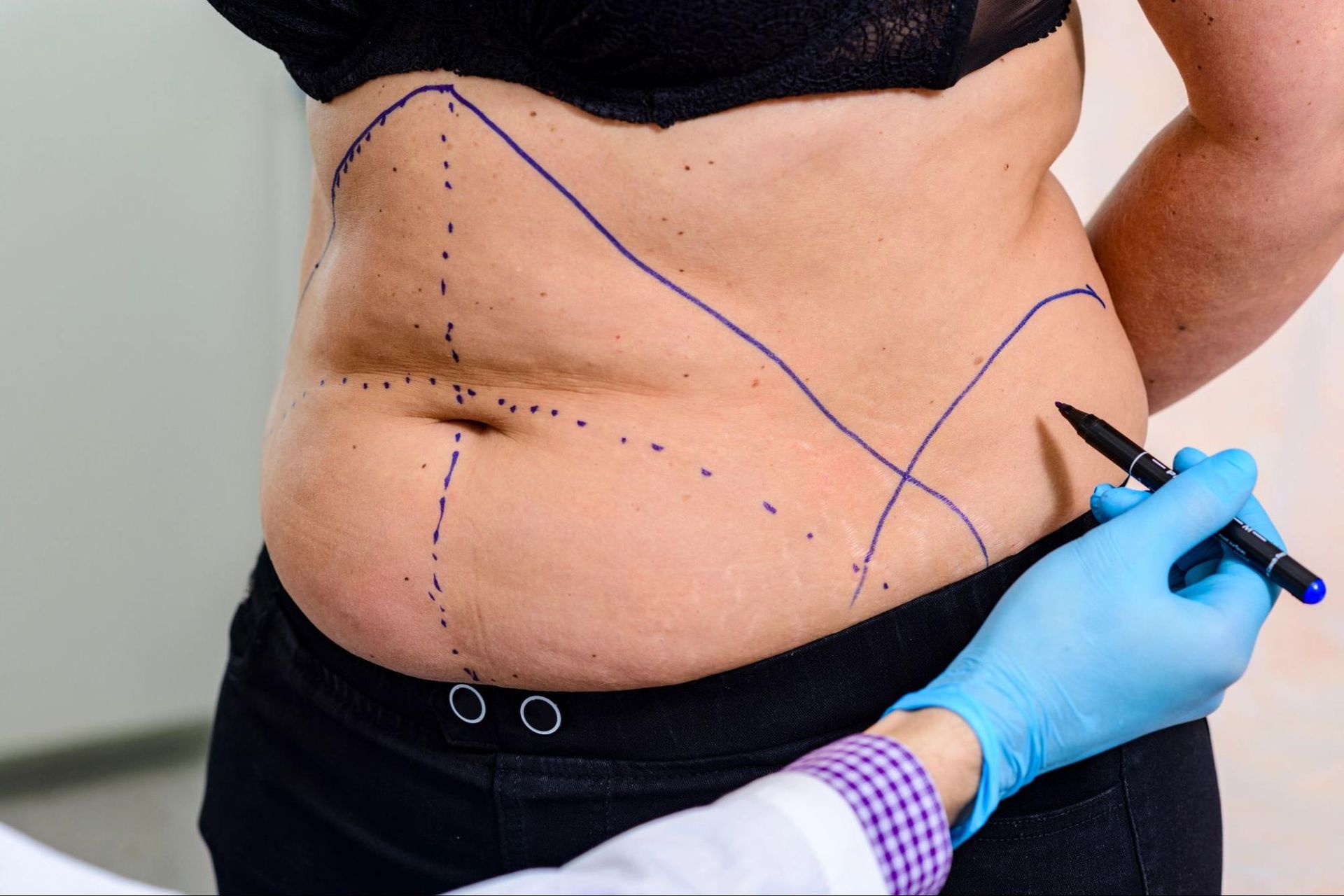The Future of Obesity Treatment: Integrating Medical, Surgical, and Technological Approaches
Melbourne’s premier comprehensive weight management clinic explains how integrating medical, surgical, and technological approaches are the future
Why Integrated Approaches Are the Future of Weight Management
At the International Federation for the Surgery of Obesity and Metabolic Disorders (IFSO) 2024 Melbourne World Congress, experts emphasised the future of obesity treatment lies in integrating medical, surgical, and multidisciplinary approaches to achieve sustainable weight loss.
As obesity rates continue to rise, it is clear that no single solution will suffice. Combining the benefits of bariatric surgery with medical weight loss treatments—such as GLP-1 receptor agonists (e.g. Wegovy®, Ozempic®, Contrave®) and other new medications—offers patients a more comprehensive path to success. By integrating both medical and surgical weight management and comprehensive multidisciplinary support, patients receive personalised care that not only facilitates weight loss but also addresses the underlying metabolic, behavioural, and psychological factors of obesity.
Combining Medical and Surgical Weight Management
The integration of medical and surgical interventions in clinical practice has been shown to improve patient outcomes significantly. Pre-operative and post-operative use of weight loss medications can optimise surgical results, helping patients achieve and sustain their goals. For example, medications can assist in weight loss prior to surgery, reducing the risk of complications, and can also help manage weight recurrence after surgery.
The Role of Multidisciplinary Care
Additionally, a multidisciplinary team of dietitians, psychologists, and exercise physiologists working alongside surgeons and medical professionals ensures that every aspect of patient care is addressed. This holistic approach maximises success and empowers patients to manage their weight effectively over time.
Integrating Technology and Innovation
Looking to the future, the integration of technology and innovation will also play a key role in advancing weight management strategies. Emerging tools such as telemedicine, wearable devices, and AI-driven platforms allow for continuous monitoring, personalised treatment plans, and improved patient engagement.
Advancements in Surgical and Medical Therapies
The congress also highlighted future surgical techniques and innovations in medical therapies, underscoring that combining these advancements with a collaborative, integrated approach is essential to combating obesity. By harnessing the power of technology and the synergy between medical and surgical treatments, we can offer patients the most effective and sustainable weight loss solutions.
Citations and Supporting Evidence
- Esparham A, Mehri A, Dalili A, Richards J, Khorgami Z. Safety and efficacy of glucagon-like peptide-1 (GLP-1) receptor agonists in patients with weight regain or insufficient weight loss after metabolic bariatric surgery: A systematic review and meta-analysis. Obes Rev. 2024 Aug 12:e13811.


















